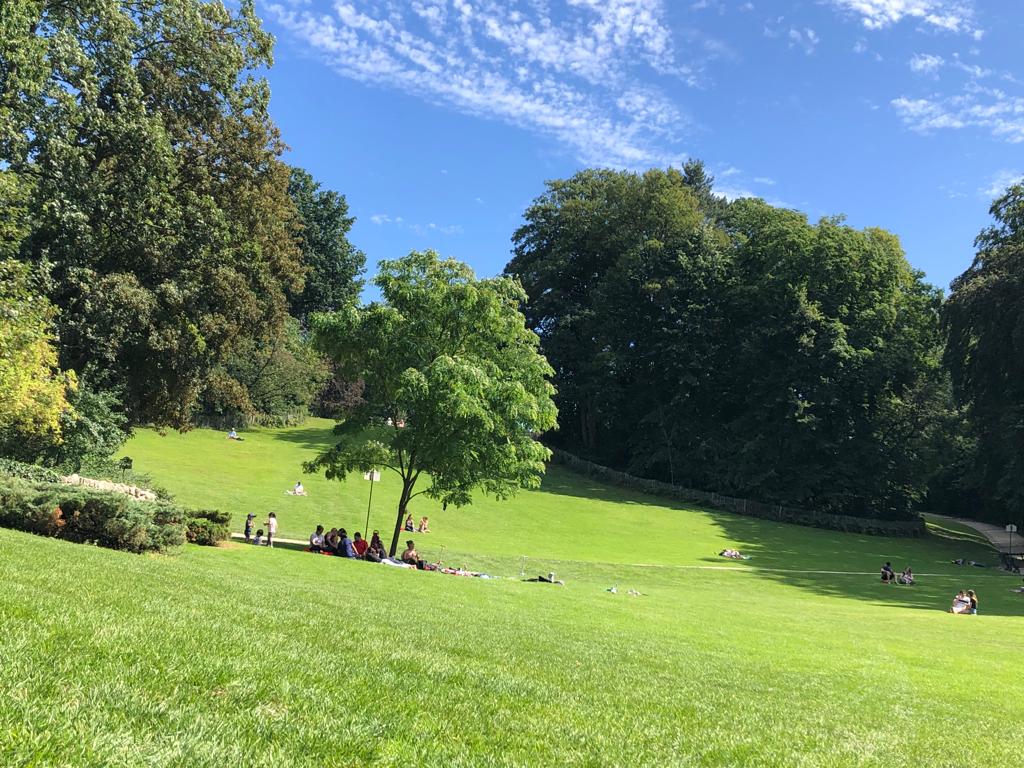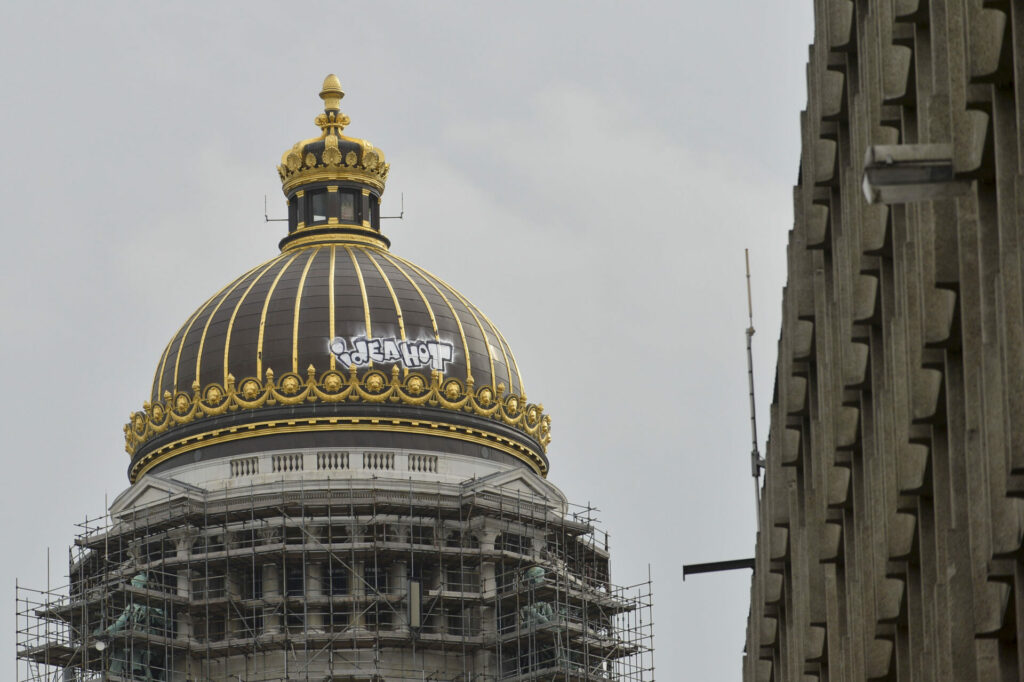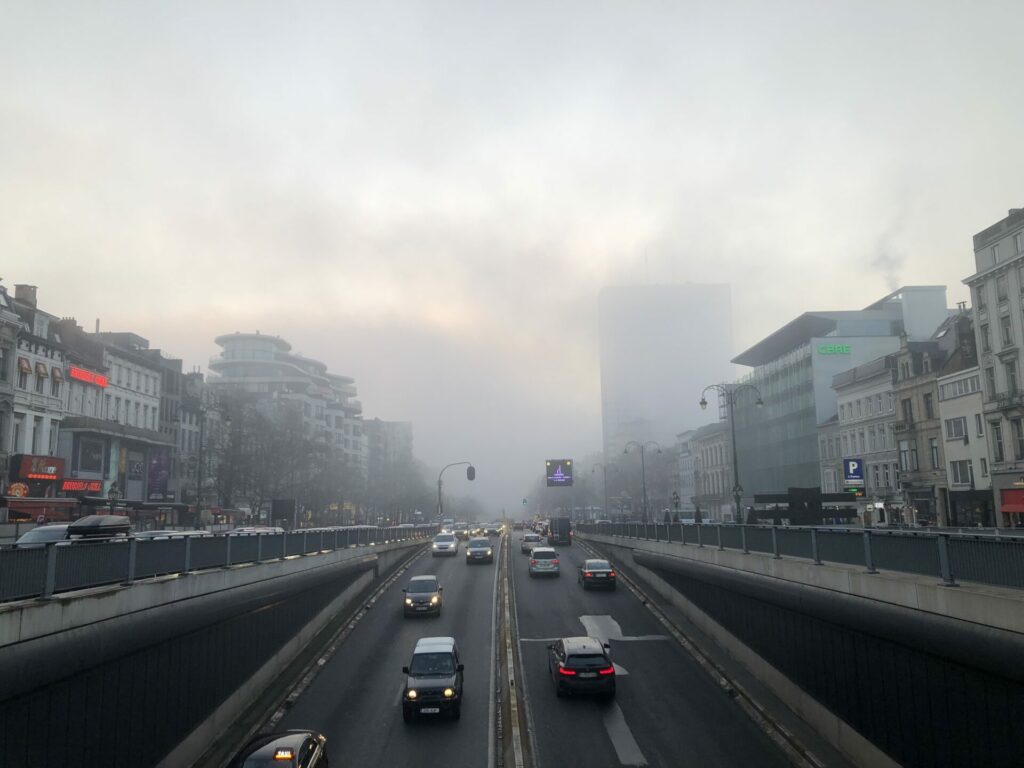Whether a cultural crossroads bursting with life or dirty, unsafe and chaotic, Brussels divides opinion with the perception of the city varying widely depending on who you ask. A recent study highlights the extremity of views about Belgium's capital among those who live here.
Love it or hate it, views about living in the city are invariably strong, according to research by the Free University of Brussels (VUB). This is both mirrored in and reinforced by the media.
"On one hand we find people who see Brussels as a dirty, hectic and unsafe city and view multiculturalism negatively," VUB professor Joke Bauwens, a co-author of the study, said.
"On the other hand, we find people who see Brussels as a pleasant and green city and appreciate its fusion of cultures."
The urban exodus
Since 2000, some 1.4 million people have moved out of Brussels. For many, the effects of the pandemic and the skyrocketing property prices in the region pushed many to pack up and leave for Flanders and Wallonia. Alongside income and family composition (often having children), the study shows a link between people's perception of Brussels as a place to live and leaving the city.

Green and pleasant pastures... only in the countryside? Credit: The Brussels Times / Ugo Realfonzo
For the study, the researchers developed a new research method they call resonance analysis. This allowed the mental resonance of an experience, topic or media message to be mapped schematically. Surveying 1,056 people, the results show a direct correlation between the image that (former) Brussels residents have of the city as a living environment and their plans to stay or leave.
"Our findings indicate that people's perceptions of the city are a significant factor in whether they settle in Brussels or move out," the study read.
Media portrayal of the city
Brussels is rarely branded as a space for living, with the emphasis being more often on tourism or business. Consequently, media narratives about the city highlight the "marketing avenues" and create the perception that the capital is a place of commerce and events rather than congenial living environment.
Researchers found the polarised image of Brussels was mirrored by Dutch-speaking and French-speaking press in Belgium.

Graffiti on the cupola of the Brussels Palais de Justice. Credit: Belga/ Nicolas Lambert
They added that the fact the media refers to Brussels as both a vibrant city with a rich cultural life and a city where crime is rampant. Whilst the city's undeniable multiculturalism often features heavily, attention is more often paid to the negative and positive aspects without contextual nuance being explained.
Related News
- Brussels State of Mind: An urban development revolution is brewing
- Detached houses in Brussels reach median price of €1.15 million
"We see these positive and negative images recurring even within one and the same newspaper. Quality newspapers do pay more attention to the question of how the Brussels administration affects the quality of the living environment, both positively and negatively," Bauwens stated.
"Popular newspapers (which are significantly more likely to focus on everyday events and topics) do so significantly less and report more on what is happening without going into governance issues, solutions and measures. "

